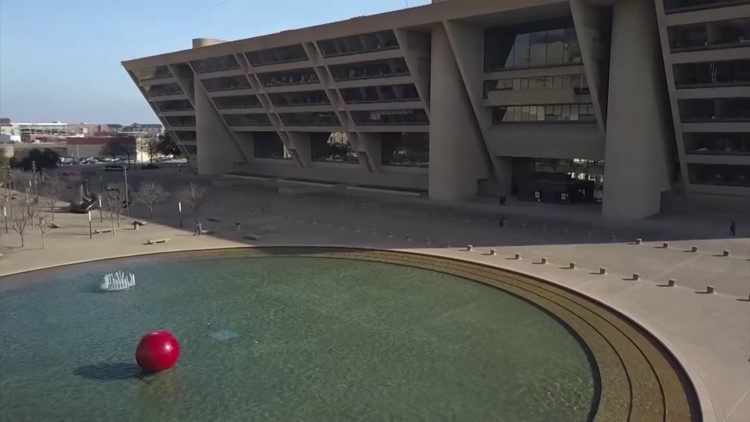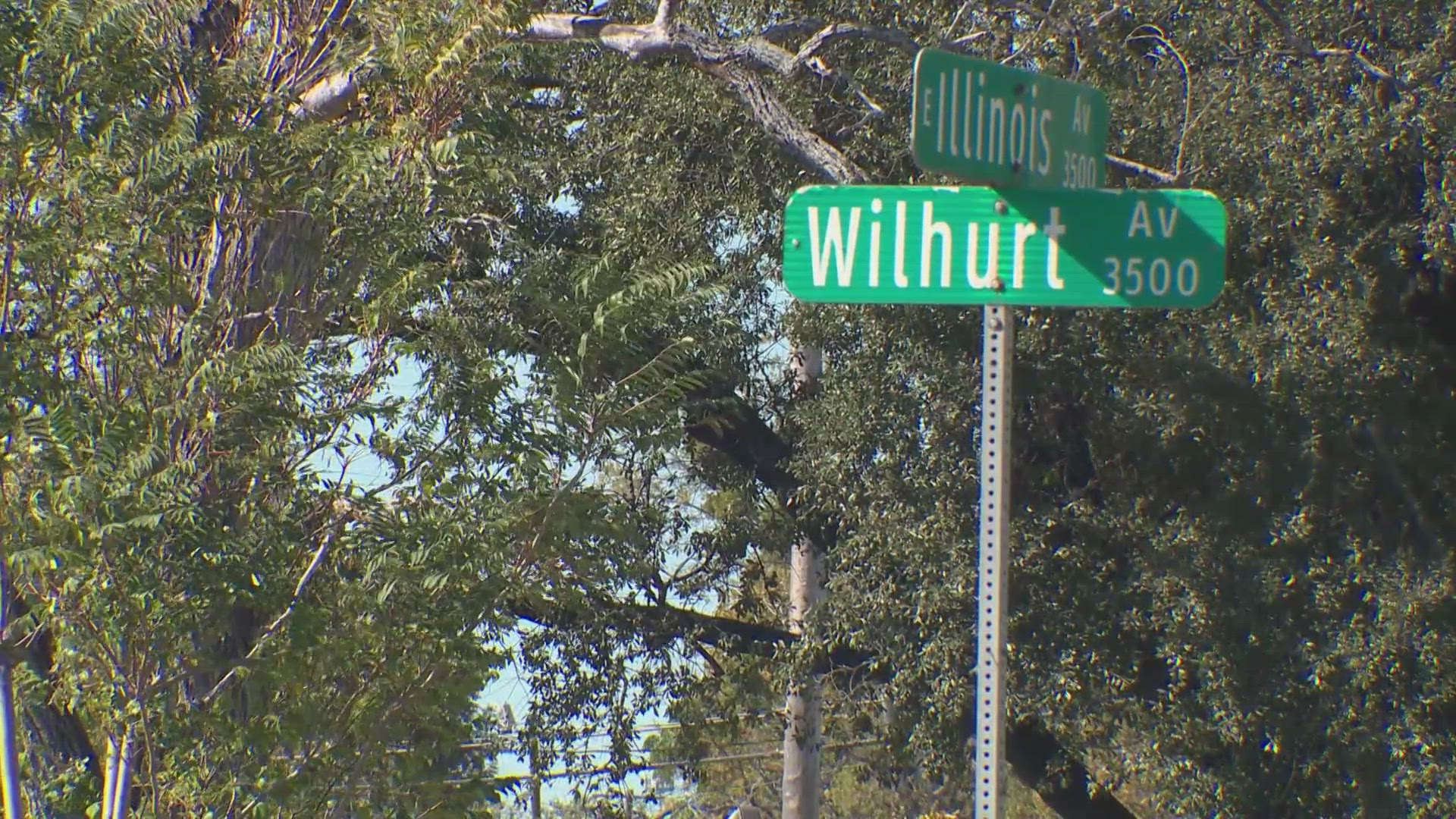DALLAS — Dallas officials released their wish list of projects – everything from street work to park improvements and facilities upgrades – that they hope will be paid for as part of the proposed $1.25 billion bond package.
The publication of the project list comes about a month before early voting is set to begin on the 10 bond propositions on the ballot. As WFAA reported, the city council passed the bond package in February.
A spreadsheet of proposed 2024 bond projects that the city posted lists more than 700 items, and the city also published a map of where the proposed projects are located and a list of frequently asked questions related to the bond package. The city says the project list will be updated.
Some of the individual proposed projects on the list as of Friday evening with the highest price tags include $50 million proposed for design and construction of a new police training academy in partnership with the University of North Texas Dallas campus. Nearly $25 million to replace the State Highway 356 bridge over the Elm Fork Trinity River, a bit over $20 million for Dallas Museum of Art upgrades, $20 million for dredging White Rock Lake, and $20 million to acquire park land in the Dallas International District in North Dallas.
Not all project listings are that specific, though.
“The City Council has the authority to add or delete specific projects, modify project scope, add new projects, or adjust the amounts needed for specific projects, within the same proposition,” the spreadsheet reads. “Passage of a proposition does not guarantee that the City of Dallas will complete a specific project.”
In-person early voting runs from April 22-30, and election day is May 4. Overall, voters will be asked to weigh in on the following proposition allocations:
- $521.2 million for streets and transportation
- $345.2 million+ for parks and recreation
- $52.1 million for flood protection and storm drainage
- $43.5 million+ for libraries
- $75.2 million for cultural arts facilities
- $90 million for public safety
- $72.3 million for economic development
- $26.4 million for housing
- $19 million for homelessness
- $5 million for information technology
Other headlines:



